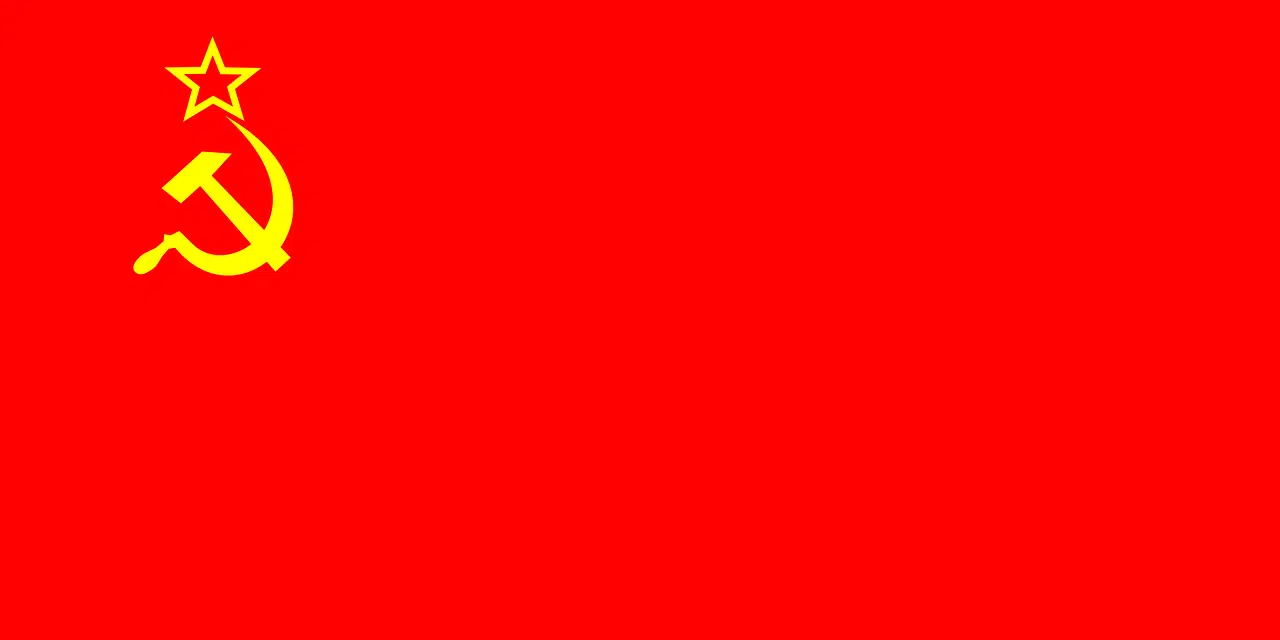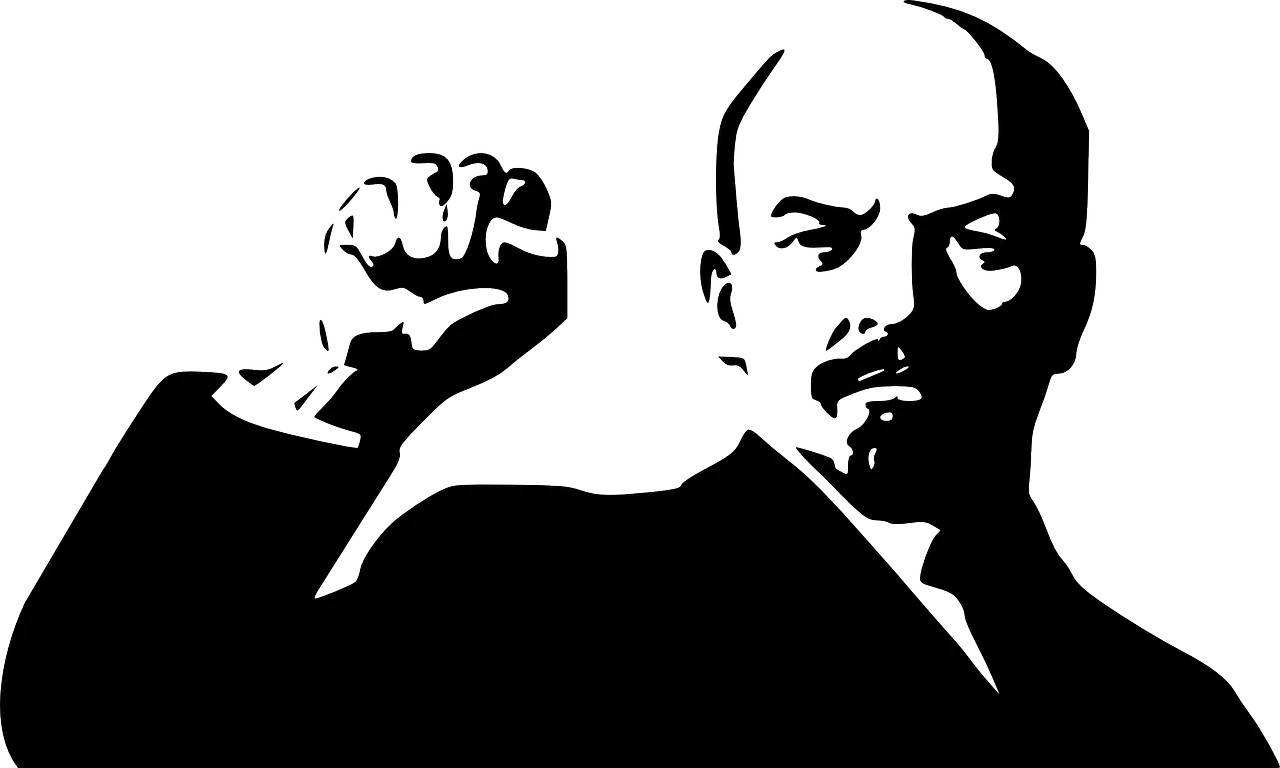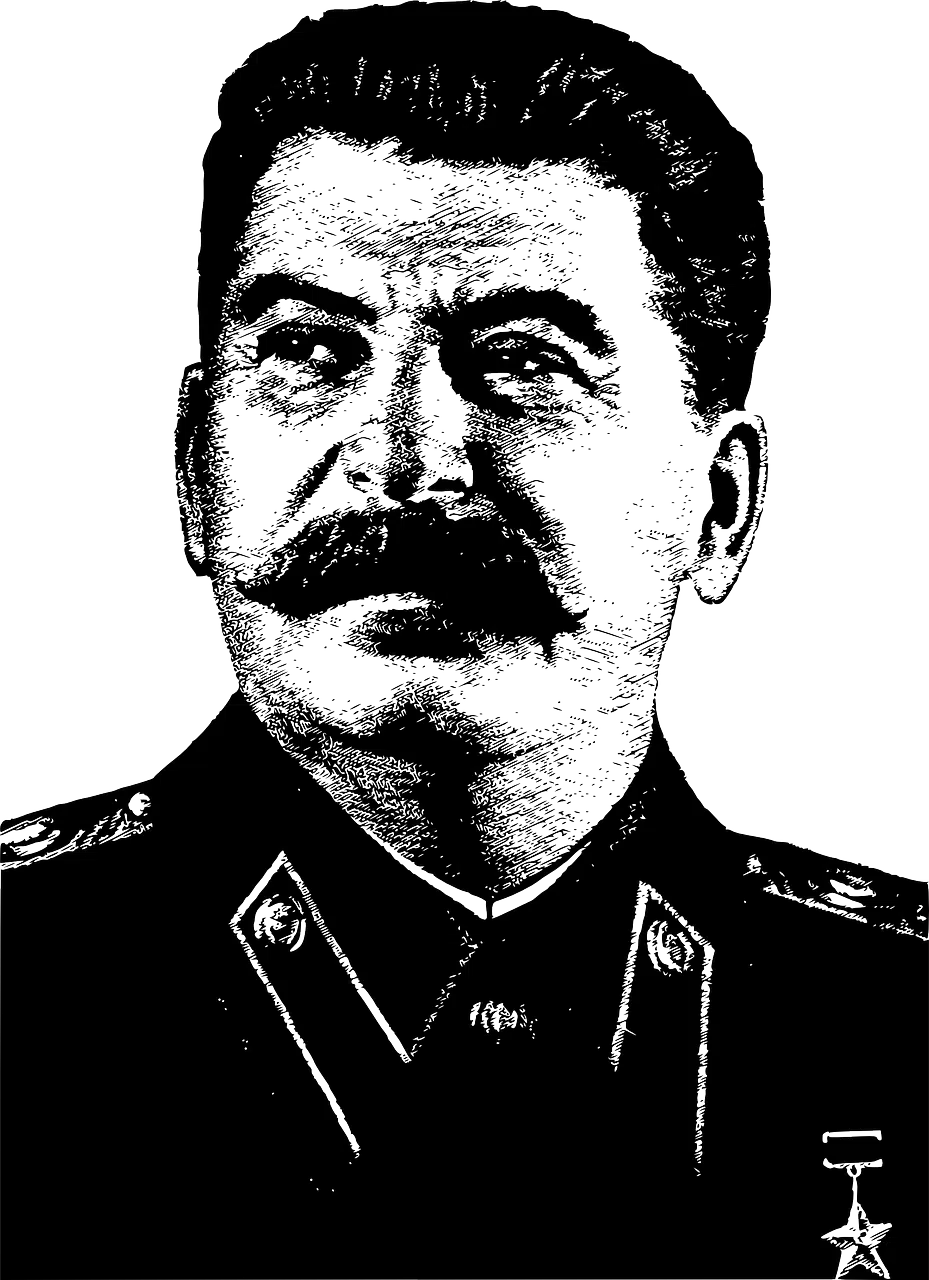
USSR is the acronym for Union of Soviet Socialist Republics.
USSR is the acronym for Union of Soviet Socialist Republics , the country usually referred to as the Soviet Union . It is a State that was founded at the end of 1922 and existed until the end of 1991 , when its dissolution occurred.
The origins of the USSR are linked to the demise of the Russian Empire . The Russian Revolution of 1905 had already forced the transformation of the absolute monarchy of Tsar Nicholas II into a constitutional monarchy. Then, with the Russian Revolution of 1917 (encompassing the February Revolution and the October Revolution ), the fall of the empire finally came to fruition.
Tsar Nicholas II abdicated within the framework of the February Revolution promoted by the socialists. The Russian Empire was succeeded by the so-called Russian Provisional Government , which gave way to the Russian Republic . This regime, in turn, soon ceased to exist with the outbreak of the October Revolution , which led to the formation of various Soviet republics (i.e., politically organized in soviets ).
On December 29, 1922 , several of these republics signed the Treaty of Creation of the USSR . Thus was born a State with an immense territory distributed between the European continent and Asia whose main characteristic was the adoption of communism as a system of political and economic organization.
Members of the USSR
The Russian Soviet Federative Socialist Republic ( Russian SFSR ), the Transcaucasian Soviet Federative Socialist Republic ( Transcaucasian Soviet Federative Socialist Republic), the Byelorussian Soviet Socialist Republic ( Byelorussian SSR ), and the Ukrainian Soviet Socialist Republic ( Ukrainian SSR ) were the four original members of the USSR, who signed the treaty of December 1922 .
All of these republics had autonomy to administer themselves internally, being governed by their own Communist Party . The legislative power of the USSR rested in the Supreme Soviet , which elected the Presidium of the Supreme Soviet and the Council of Ministers .
Over time, from various political divisions, there were republics that ceased to exist and others emerged that also joined the USSR, such as the Turkmen Soviet Socialist Republic ( Turkmen SSR), the Uzbek Soviet Socialist Republic ( SSR Uzbekistan ), the Tajik Soviet Socialist Republic ( Tajik SSR ), the Georgian Soviet Socialist Republic ( Georgian SSR ), the Azerbaijan Soviet Socialist Republic ( Azerbaijan SSR ), and the Armenian Soviet Socialist Republic ( Armenian SSR ) .
Vladimir Lenin, the first leader
The first Soviet leader was Vladimir Lenin , promoter of the October Revolution of 1917 and leading figure of the Bolsheviks (a faction of the Russian Social Democratic Labor Party that opposed the Menshevik sector).
A follower of the postulates of Karl Marx , his contributions to Marxism led to the development of an ideology known as Leninism . According to Leninism, to overthrow the bourgeoisie it was necessary to establish a dictatorship of the proletariat headed by a revolutionary vanguard , a prior step to the establishment of communism.
Lenin was president of the Council of People's Commissars of the USSR and ruler of the USSR , leading Soviet power until his death ( January 21, 1924 ). He was succeeded by Alekséi Rýkov , although his death sparked an extensive power dispute.

Vladimir Lenin was the first leader of the USSR and the father of Leninism.
Joseph Stalin, the dictator of the USSR
Joseph Stalin , also mentioned as Joseph Stalin or Joseph Stalin , was the leader who managed to build a leadership as broad as that of Lenin . He was general secretary of the Central Committee of the Communist Party of the Soviet Union (CPSU) between 1922 and 1952 and also chaired the Council of Ministers of the USSR from 1941 to 1953 .
Stalin 's leadership was characterized by the persecution of his detractors and intense political repression on a mass level. Stalin , who promoted the cult of personality, established himself as a dictator who built a totalitarian State, especially from 1927 until his death in 1953 .
In addition to deporting and forcing a large number of people into exile, Stalin 's regime relied on the Gulag , the name by which the General Directorate of Correctional Labor Camps and Colonies is known (part, in turn, of the Commissariat). of the People's Affairs for Internal Affairs or NKVD ). Thus, millions of Soviet inhabitants were punished with forced labor in the Gulag camps.
Between 1936 and 1938 , within this framework, Stalinism carried out the Great Purge : a campaign that included the confinement and execution of opponents, including leaders of the Red Army of Workers and Peasants (the army of the USSR) accused of treason. .
In economic terms, Stalin opted for centralized planning of the economy with five-year plans. Collective farms were created to promote agriculture and industrialization was encouraged in an intensive and large-scale manner.

Joseph Stalin carried out harsh repression in the USSR.
World War II and the Cold War
In World War II , the USSR joined the United Kingdom , France , the United States and China on the side of the Allies , facing the Axis Powers : Nazi Germany , the Kingdom of Italy and the Empire of Japan . With the triumph of the Allies , the USSR and the United States emerged as global superpowers.
In the postwar period, the USSR positioned itself as the leader of the Eastern Bloc that promoted socialism . The German Democratic Republic (GDR) was part of this group, separated from the Federal Republic of Germany (FRG) by the Berlin Wall .
It is often indicated that the Eastern Bloc and the Western Bloc (capitalist and aligned with the United States) were divided by the Iron Curtain . This is the name given to the symbolic border that was formed from the ideological and political differences between both groups.
During the period known as the Cold War , which began in the postwar period and extended until the dissolution of the USSR, the Eastern Bloc and the Western Bloc maintained a rivalry that did not include war, but did include arduous competition and multiple economic disputes. and cultural.
Dissolution of the USSR
With the death of Stalin , Nikita Khrushchev assumed Soviet leadership and promoted destalinization , denouncing the atrocities of the dictatorship. Khrushchev maintained socialism and had confrontations with the United States, although he relaxed censorship and promoted an opening of the USSR.
After the Cuban missile crisis , Khrushchev ended up politically weakened and had to resign. Leonid Brezhnev then became one of the heads of a leadership shared with other leaders.
Brezhnev had two fleeting successors until the rise to power of Mikhail Gorbachev , who promoted major political and economic changes through perestroika and glasnost , contributing to the conclusion of the Cold War.
Subsequently, with the demands for independence of several republics, on December 8, 1991, the Treaty of Belavezha was signed and the dissolution of the Soviet Union was finalized. Gorbachev 's resignation as president of the USSR left the position extinct and thus a transfer of powers to Boris Yeltsin , president of Russia , the country he established as the legal successor of the USSR.
